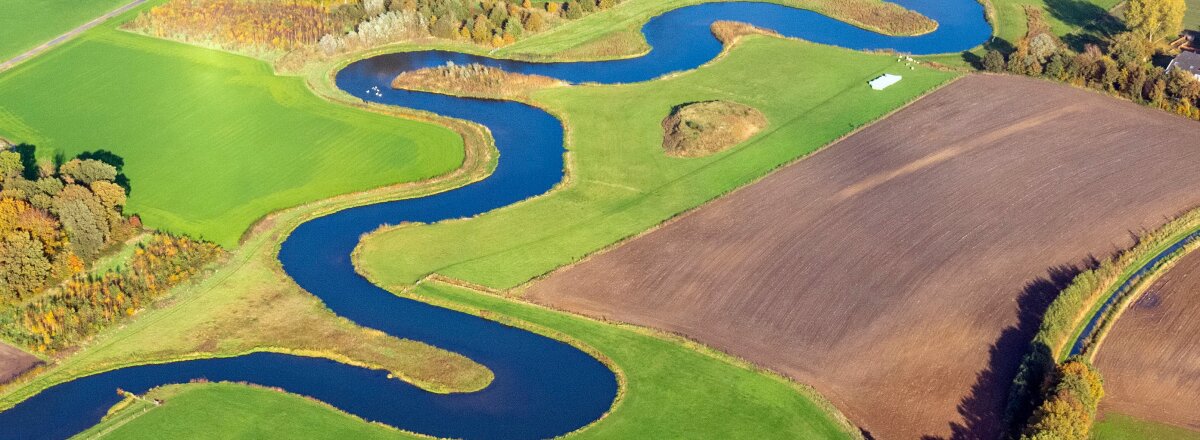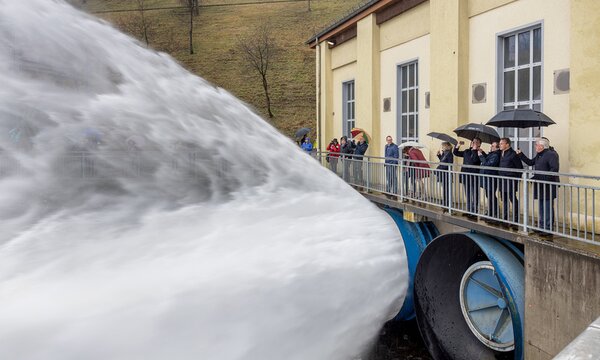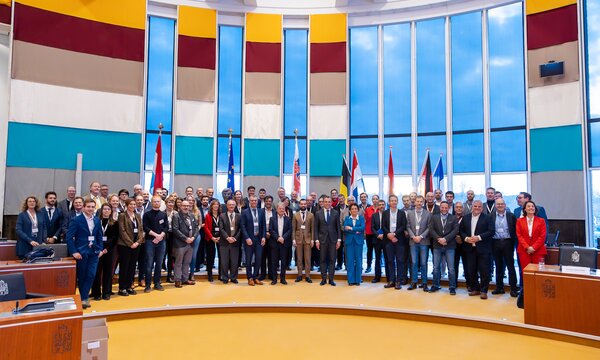The results of our very first rapid action study were presented on 24 April 2024 in Enschede, right at the Dutch-German border. Angela Klein, a water management expert at Deltares, and Evelyn Lukat, a water governance researcher at Osnabrück University, lead a team of international researchers to identify the main challenges and opportunities to jointly prepare for extreme weather conditions in the regional river basins. With approximately 30 local and regional stakeholders present, the project team discussed the results of the study and outlined follow-up steps in collaboration with JCAR ATRACE partners. The presentation emphasised the need for enhanced cross-border cooperation, which was confirmed by the governmental stakeholders present.
Key areas of focus included conducting a transboundary stress test for extreme flood and drought events, developing a future-proof flood and drought forecasting system, and improving transboundary governance. Additionally, stakeholders highlighted the importance of increasing the landscape's ‘sponge’ function to mitigate floods and droughts and initiating transboundary groundwater monitoring as part of a joint drought management strategy.
Ir. Klein elaborated on the study's comprehensive research approach, which involved a mix of desk research, analysis of existing reports, and interviews with authorities and stakeholders in the region. This methodology, incorporating insights from Dutch and German research institutions and universities in Osnabrück, Aachen, and Twente, fostered a deep understanding of the cultural and governance nuances essential for effective transboundary river management.
The scoping study's results will be used to guide future research and underscore the importance of continued collaboration. By highlighting challenges and opportunities for deeper cooperation between countries, the study marks an exciting first step in our research programme. As local and national governments face increasingly complex hydrological challenges, international collaboration efforts like our programme JCAR ATRACE are crucial in addressing these issues.



